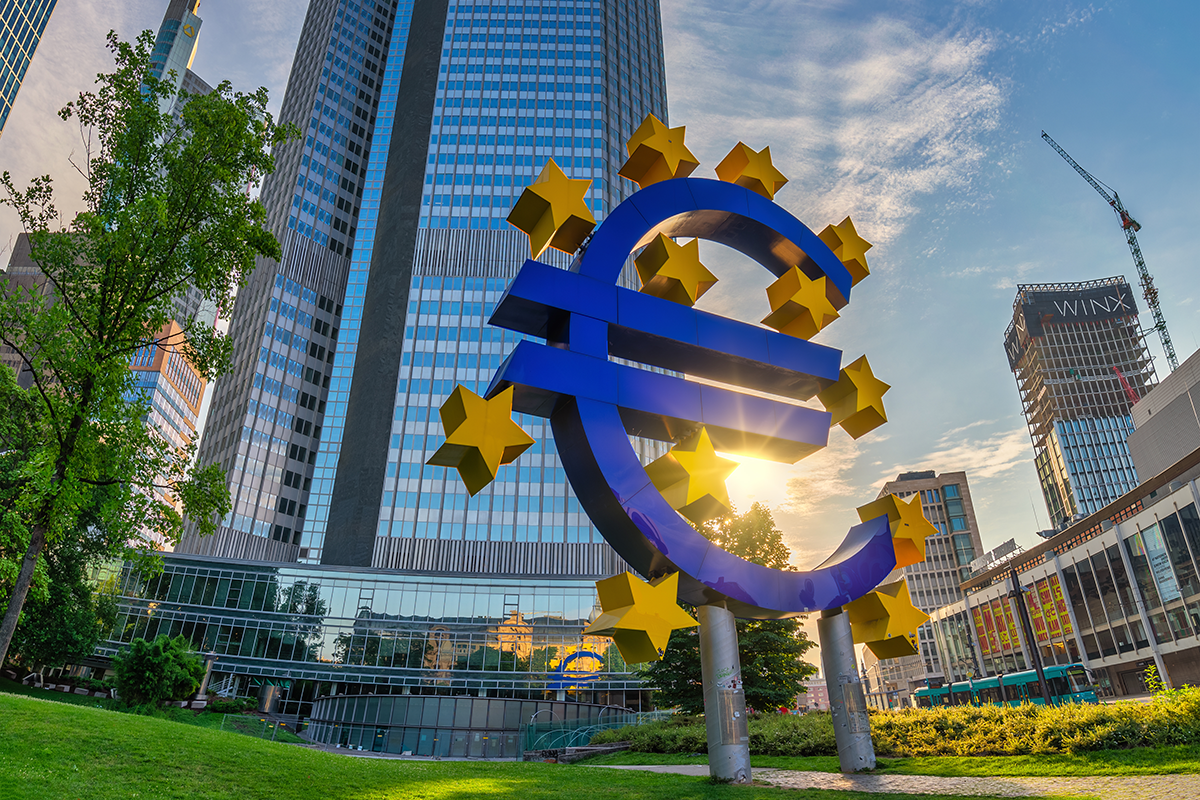The European Central Bank (ECB) has announced its decision to maintain its three key interest rates unchanged for the fifth consecutive meeting. This decision underscores the ECB’s ongoing strategy to control inflation while stabilizing the economy.
The Governing Council of the ECB emphasized their commitment to returning inflation to its medium-term target of 2% “in a timely manner.” In their statement, the Council expressed confidence that the current interest rate levels are “making a substantial contribution to the ongoing disinflation process.” The Council also declared their intent to maintain sufficiently restrictive policy rates “for as long as necessary” to achieve their inflation target.
Despite the holding of interest rates, inflation within the Euro Area has been observed to slow down, with the most recent data showing a decrease to 2.4% year-on-year in March. This matches the lowest inflation rate since November, a 28-month low, suggesting that the region is gradually overcoming inflationary pressures.
Key Factors Influencing the ECB’s Decision:
- Moderation in Inflation: The ECB noted that inflation is being driven down by decreasing prices in food and goods. Although the overall inflation is slowing, services price inflation remains high due to strong domestic price pressures.
- Wage Dynamics: There is a gradual moderation in wage growth, which, coupled with firms absorbing a portion of the rise in labor costs into their profits, is helping alleviate inflationary pressures.
- Impact of Previous Rate Hikes: The past increases in interest rates are continuing to influence economic activities by maintaining restrictive financing conditions. This has curbed demand and is a significant factor in the ongoing reduction of inflation rates.
- Persistent Domestic Price Pressures: Despite the positive signs, the ECB cautioned that domestic price pressures remain strong, particularly in the services sector, which is keeping the services price inflation elevated.
This cautious approach by the ECB reflects a balancing act between not stifling economic growth and ensuring inflation returns to manageable levels. The decision to keep interest rates steady comes at a time when the global economic environment remains uncertain, and central banks around the world are navigating similar challenges.
The ECB’s future monetary policy decisions are poised to be heavily data-driven, responding flexibly to the economic indicators and inflation trends in the Eurozone. For now, the ECB’s steady hand on interest rates suggests a careful watch over the economic recovery, ensuring it is neither too swift to reignite inflation nor too slow to hinder growth.





